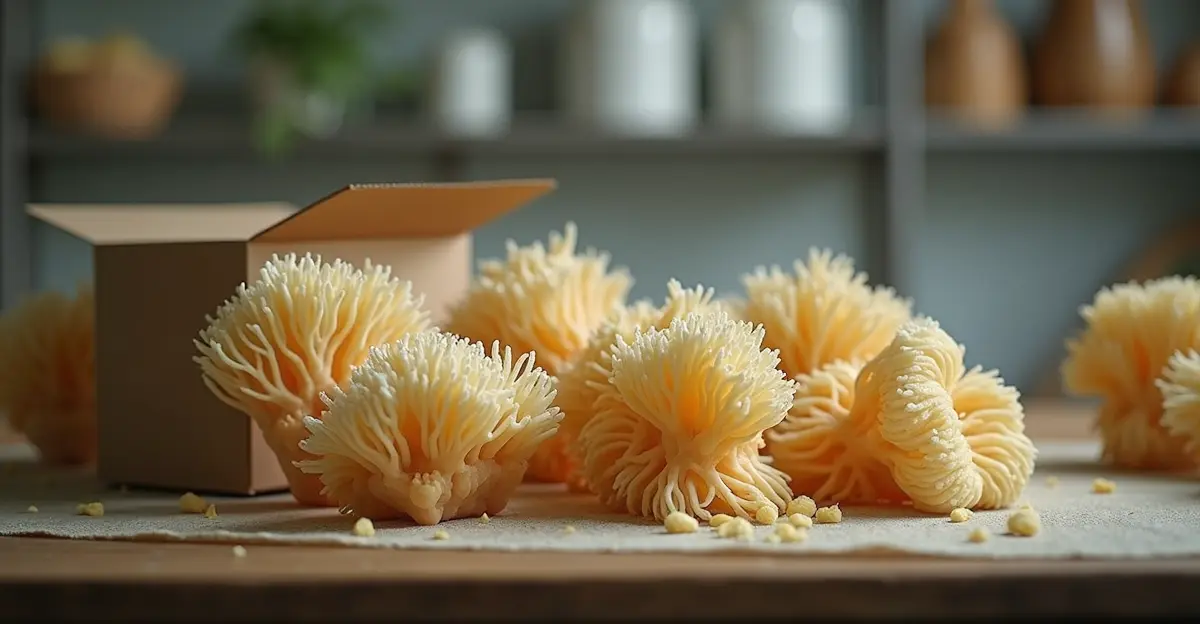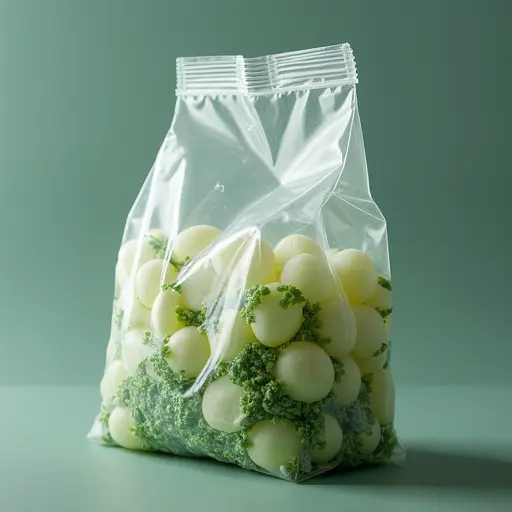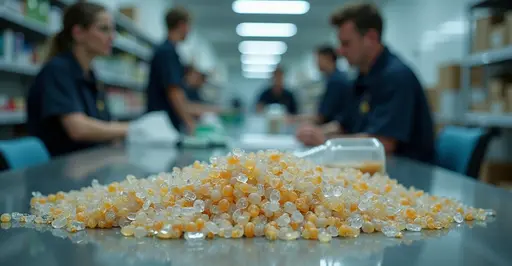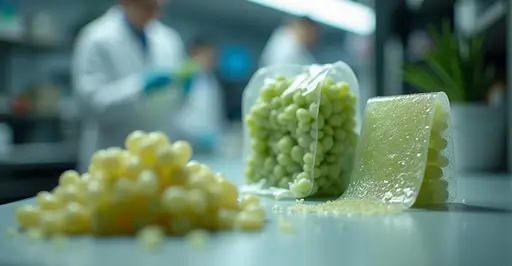
The Rise of Mycelium-Based Packaging Solutions
In a significant shift toward sustainable packaging, fungi-based materials are rapidly gaining market share over traditional plastics. Mycelium packaging, grown from mushroom roots, has emerged as a leading compostable alternative that's transforming logistics and ecommerce sectors worldwide.
How Mycelium Packaging Works
Mycelium packaging is created by growing fungal networks on agricultural waste products like corn stalks, hemp hurds, or wood chips. The mycelium acts as a natural binder, forming durable, lightweight structures that can be molded into various shapes. After use, the packaging can be composted at home or in industrial facilities, breaking down completely within weeks rather than centuries like plastic.
Market Adoption Accelerates
Major corporations including IKEA, Dell, and Samsung have already incorporated mycelium packaging into their supply chains. The global compostable packaging market is projected to reach $XX billion by 2025, with fungi-based solutions capturing an increasingly significant portion. Ecommerce giants are particularly enthusiastic about the material's protective qualities and sustainability credentials.
Environmental Benefits
Unlike petroleum-based plastics, mycelium packaging is carbon-negative during production. The process actually sequesters carbon from agricultural waste that would otherwise decompose and release greenhouse gases. The material requires minimal energy to produce and creates no toxic byproducts. When composted, it returns valuable nutrients to the soil, completing a circular economic model.
Logistics Advantages
Mycelium packaging offers superior protective qualities for shipping fragile items. The material has excellent shock absorption and can be custom-grown to fit specific products perfectly, reducing the need for additional packing materials. Its lightweight nature also helps reduce shipping costs and carbon emissions associated with transportation.
Industry Challenges and Future Outlook
While production scalability remains a challenge, several startups have developed innovative manufacturing processes that significantly reduce growth times. Companies like Ecovative Design and MycoWorks are leading the charge with automated production facilities coming online throughout 2025. As consumer demand for sustainable packaging continues to grow and regulations on single-use plastics tighten, fungi-based solutions are positioned for exponential growth in the coming years.

 Nederlands
Nederlands English
English Français
Français Deutsch
Deutsch Español
Español Português
Português







